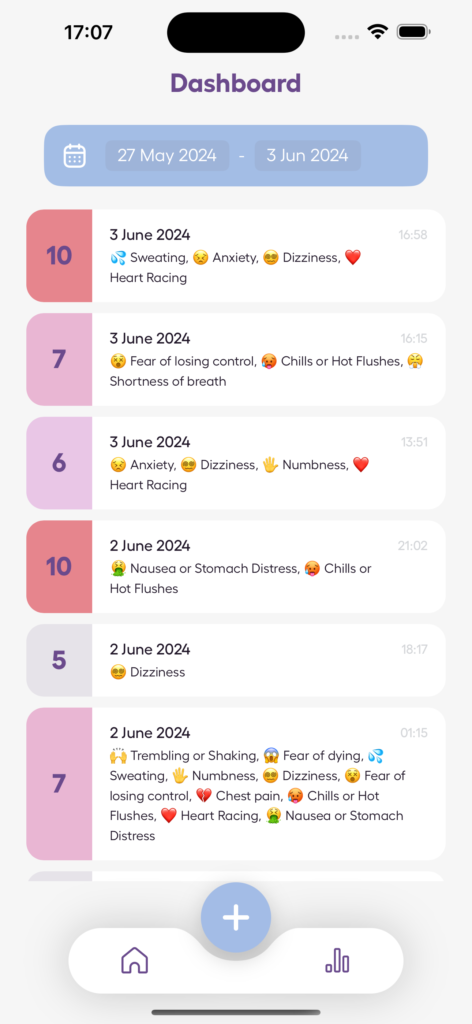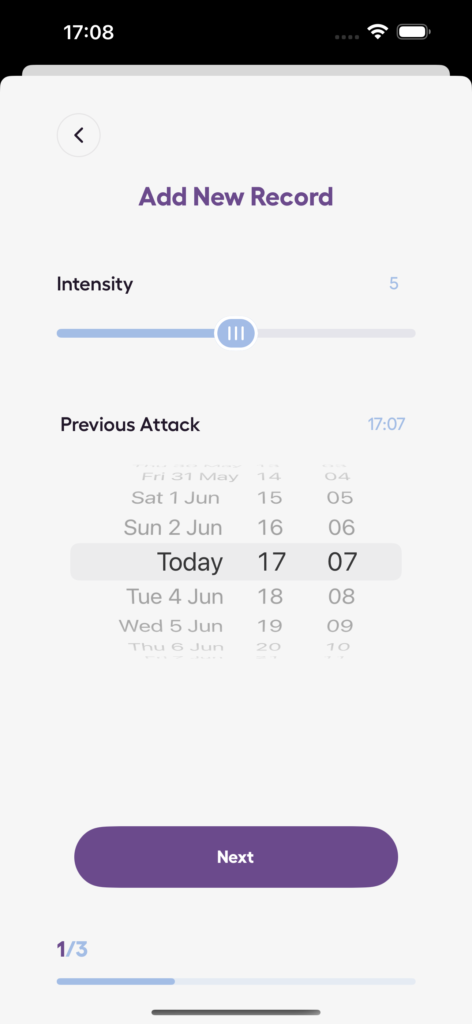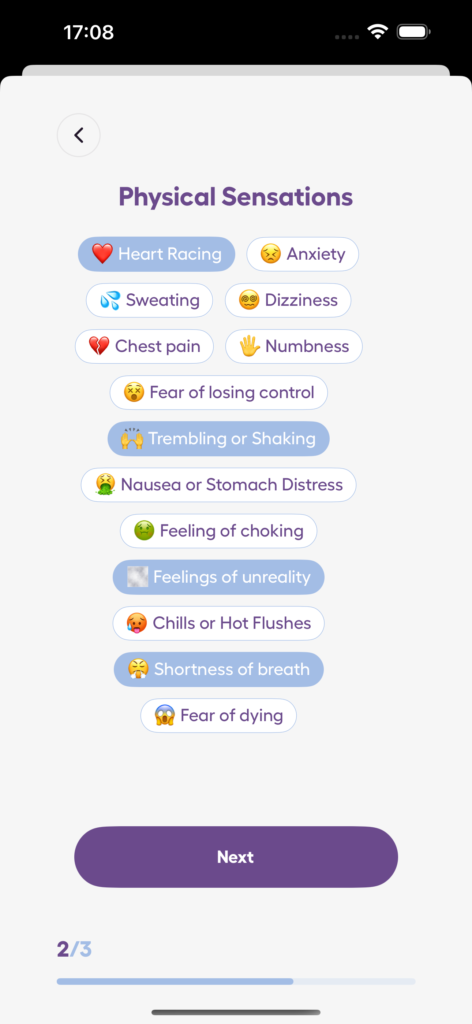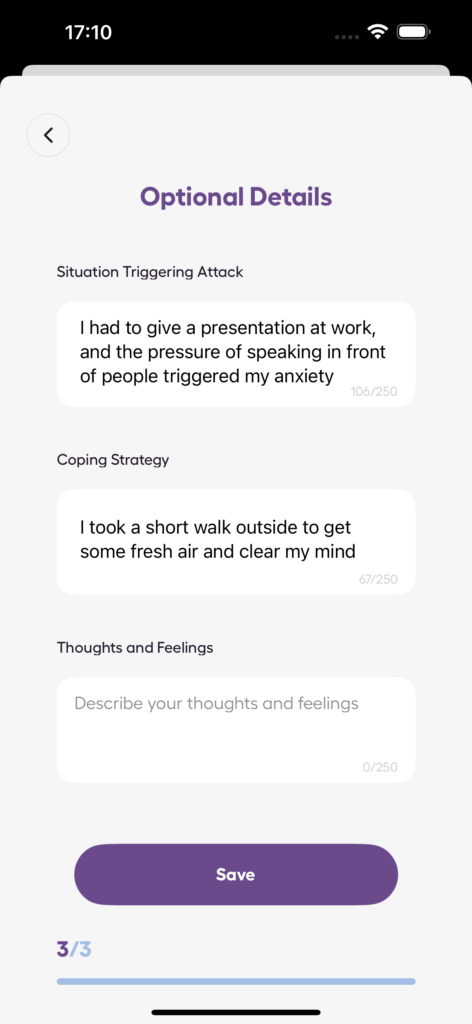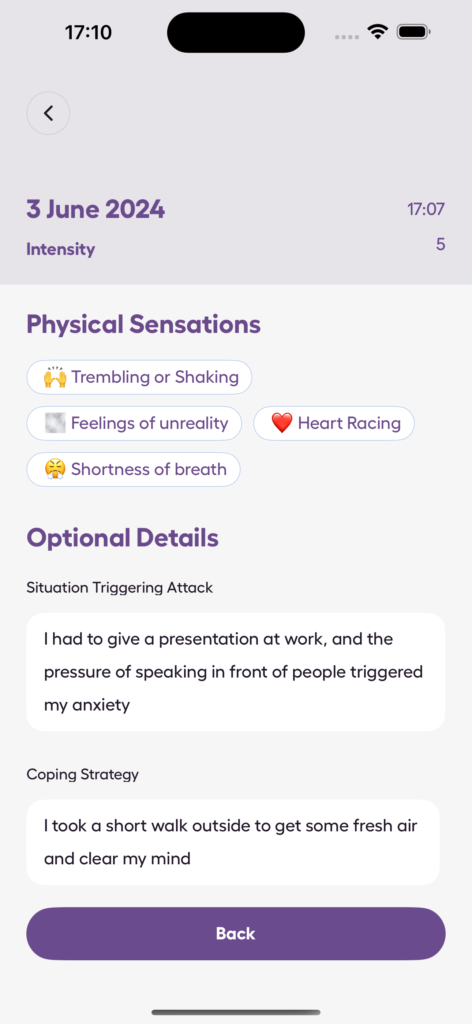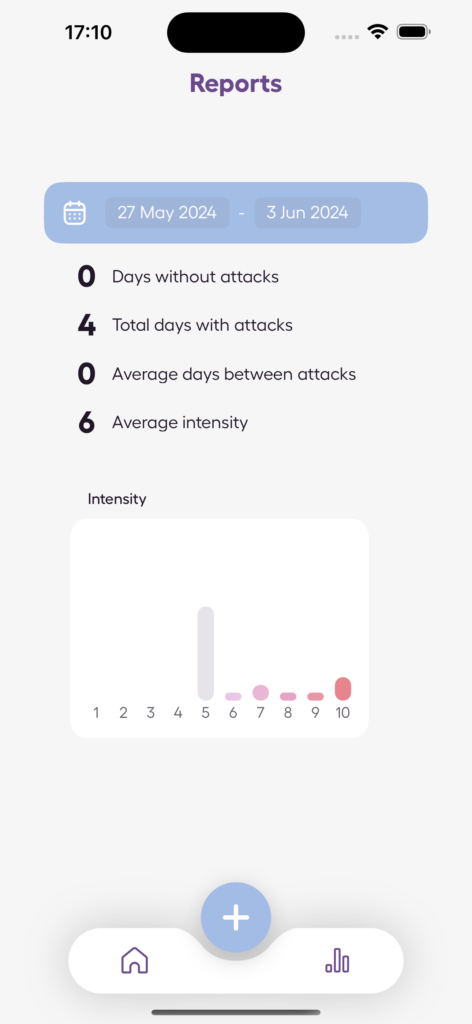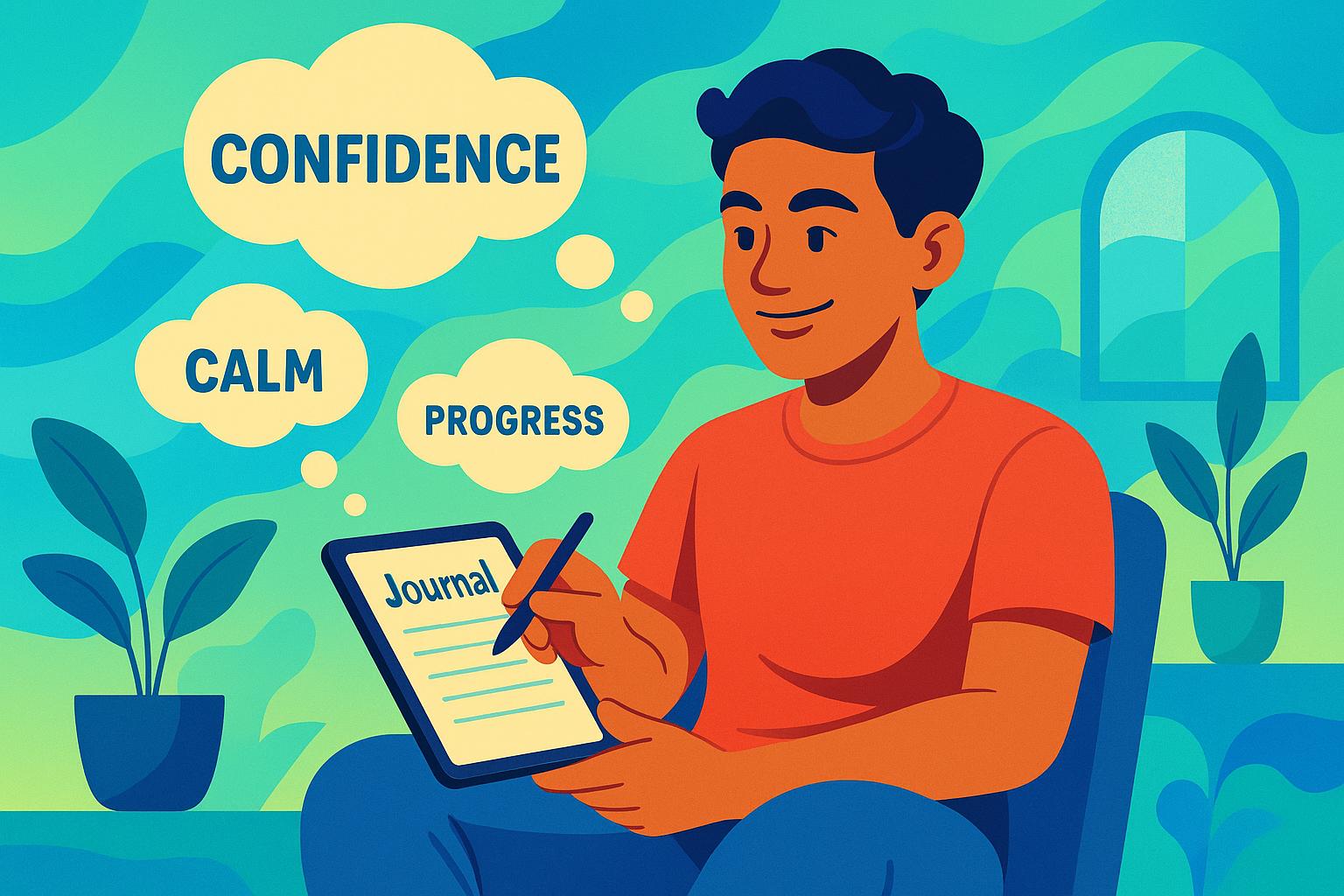Yes, omega-3 fatty acids may help reduce anxiety. Studies show that taking 2 grams of omega-3 daily, especially EPA and DHA found in fish oil, can lower anxiety symptoms. Here’s what you need to know:
-
What are Omega-3s?
Essential fats your body needs but can’t make. Found in fatty fish (EPA/DHA) and plants like flaxseeds (ALA). -
How Do They Help with Anxiety?
Omega-3s reduce brain inflammation, balance mood-regulating chemicals, and support brain health. People with anxiety often have lower omega-3 levels. -
Research Findings:
A 2024 meta-analysis of 23 studies (2,189 participants) found omega-3 supplements reduced anxiety symptoms more than placebos. -
Dosage & Safety:
- Start with 1g/day, then increase to 2g.
- Take with meals to avoid stomach issues.
- Generally safe, but consult your doctor first.
Omega-3s aren’t a standalone solution but can complement other treatments like therapy or medication. Track your symptoms to see what works for you.
Related video from YouTube
Research on Omega-3 for Anxiety Relief
Let’s look at what science tells us about omega-3 and anxiety. Recent studies paint an interesting picture of how these fatty acids might help calm our nerves.
Studies Linking Omega-3 to Anxiety Reduction
The numbers speak for themselves. A 2024 meta-analysis dug into 23 clinical trials with 2,189 people, while another review examined 19 trials covering 1,203 participants. Both showed that omega-3 supplements helped reduce anxiety symptoms more than placebos.
Here’s the key finding: 2 grams of omega-3 per day seems to hit the sweet spot. Why? This amount packs enough EPA and DHA to affect brain function, and most people handle it well. It’s like finding the right dose of medicine – too little won’t help, too much isn’t better.
How Omega-3 Works in the Brain
Think of omega-3s as your brain’s maintenance crew. They work in several ways to keep your mental health in check:
- They cool down inflammation by putting the brakes on inflammatory molecules
- They help manage your brain’s "mood messengers" (neurotransmitters)
- They boost BDNF, which helps your brain stay healthy
- They help keep stress hormones like cortisol in check
It’s not just about one thing – omega-3s work like a team of specialists in your brain. When these fatty acids become part of your brain cells, they create better conditions for handling stress and anxiety. While fighting inflammation is part of the story, omega-3s do much more by supporting your brain’s ability to adapt and maintain proper chemical balance.
Think of it as upgrading your brain’s operating system – the better the components (omega-3s), the smoother everything runs.
sbb-itb-b1dedcc
Using Omega-3 for Anxiety: Tips and Safety
How Much Omega-3 Should You Take?
Want to try omega-3 for anxiety? Here’s what the research says: 2 grams daily works best for reducing anxiety symptoms. But don’t jump in at full strength. Start with 1 gram per day for a week, then bump it up to 2 grams if you’re feeling good. This step-by-step approach helps your body adjust and lets you keep tabs on how it’s working for you.
Is Omega-3 Safe to Use?
Good news: omega-3 supplements are pretty gentle on your system. Big research reviews show they’re about as safe as taking a sugar pill – the numbers back this up with an odds ratio of 1.20 (95% CI: 0.89, 1.61). You might get a bit of tummy trouble at first, but here’s a pro tip: take them with food to avoid any stomach drama.
Here’s what you need to know about taking omega-3 safely:
| What to Consider | What to Do |
|---|---|
| Daily Amount | Begin with 1g, work up to 2g slowly |
| When to Take | With meals to avoid stomach issues |
| Product Quality | Pick supplements showing EPA/DHA amounts and third-party testing |
| How Long | Take it daily without skipping |
| Doctor’s Input | Check with your healthcare provider first |
Want to know if it’s working? Keep a simple log of your anxiety levels – it’s the best way to spot patterns and see if the supplements are doing their job.
Challenges and Future Directions in Research
The research on omega-3’s effects on anxiety shows promise, but faces some key hurdles. Most studies so far have been too small and short-term to draw firm conclusions. They’ve also used different doses and treatment lengths, making it tough to compare results.
Scientists know omega-3s help fight inflammation and support brain health, but they’re still figuring out exactly how this works. Take BDNF, for example – this protein helps brain cells grow and stay healthy, which matters for mental health. But we need more research to understand how omega-3s and BDNF work together.
One big problem? Studies use different mixes of EPA and DHA (the main types of omega-3s). Without a standard formula, it’s hard to know what works best.
Here’s what researchers need to focus on next:
- Running bigger studies that follow people for years, not just weeks
- Testing different omega-3 doses side-by-side
- Looking at how omega-3s might work with standard anxiety treatments like therapy or medication
"Each 1 gram per day supplementation with omega-3 fatty acids resulted in a moderate decrease in anxiety symptoms, but the certainty of evidence was very low due to the small sample sizes and methodological limitations of the included studies."
Scientists are making progress, but there’s still much to learn about using omega-3s to help people with anxiety.
Key Takeaways and Practical Advice
Let’s look at what science tells us: A meta-analysis covering 23 trials with 2,189 participants showed that omega-3 supplements helped reduce anxiety symptoms (SMD: -0.70).
Want to keep tabs on your progress? The Anxiety Journal app can help. It lets you log your symptoms and take anxiety level tests, making it easy to see how omega-3s might be working for you. Think of it as your personal anxiety diary – the more you track, the better you’ll understand what works.
Here’s what you need to know about using omega-3s for anxiety:
| What to Know | What to Do | Extra Tips |
|---|---|---|
| Daily Amount | Take 2 grams | Split into smaller doses if needed |
| When to Expect Results | Wait 4-8 weeks | Everyone responds differently |
| Safety | Generally safe for most people | Watch for fish allergies |
| Best Results | Mix with other treatments | Don’t rely on omega-3s alone |
Before you start: Talk to your doctor first. They’ll help you:
- Check if omega-3s might clash with your current meds
- Figure out the right dose for YOU
- Create a plan that makes sense for your situation
Keep in mind that omega-3 research for anxiety is still ongoing. While the results look good so far, what works for one person might not work for another. That’s why tracking your symptoms is so important – it helps you see exactly how YOUR body responds to the supplements.
Pro tip: Use the Anxiety Journal app to note any changes in your anxiety levels. The more consistent you are with tracking, the easier it’ll be to spot patterns and improvements.


